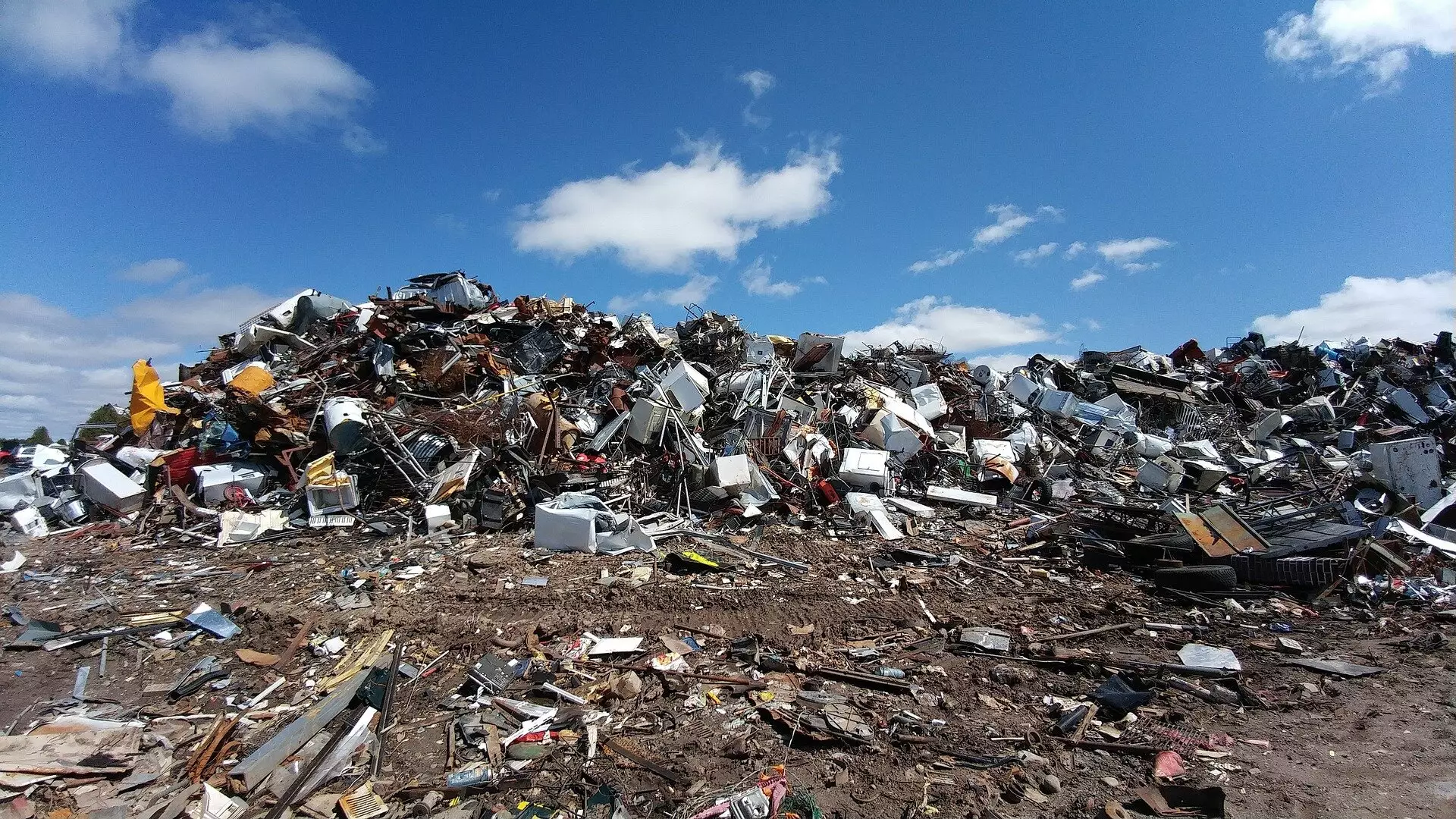Food waste is a pressing issue that has far-reaching implications for the environment. Contributing to approximately 8 to 10% of global greenhouse gas emissions, the disposal of edible food in landfills represents a significant waste of resources and a missed opportunity for sustainability. In an effort to address this challenge, various U.S. states have enacted food waste bans, yet the effectiveness of these policies has come under scrutiny. A recent study from the University of California Rady School of Management provides a detailed analysis of the first five states to implement such bans, revealing that only Massachusetts has achieved notable success in diverting food waste from landfills.
The study, titled “Of the first five U.S. states with food waste bans, Massachusetts alone has reduced landfill waste,” uncovers significant insights into the efficacy of food waste regulations. Researchers analyzed data from 36 states over a span of more than two decades (1996 to 2019) and discovered that despite the establishment of food waste bans in California, Connecticut, Rhode Island, Vermont, and Massachusetts, only the latter managed to achieve a reduction in landfill waste. Massachusetts recorded a 7% decline in landfilled waste, attributed to the gradual escalation of composting efforts, which peaked at 13.2%.
This stark contrast in outcomes raises crucial questions about the underlying factors contributing to Massachusetts’ success and the shortcomings of the other states’ approaches. The implementation of a food waste ban alone is not sufficient; rather, it necessitates a comprehensive strategy that considers infrastructure, clarity of regulation, and robust enforcement.
In exploring why Massachusetts has outperformed its counterparts, three critical aspects stand out: an extensive composting infrastructure, clear legal language, and effective enforcement mechanisms. Massachusetts boasts the most food waste processing facilities per 1,000 square miles, providing ample opportunity for organic waste to be repurposed rather than sent to landfills. The law itself is written in straightforward language, minimizing confusion and maximizing compliance among commercial generators of food waste.
Moreover, enforcement plays a key role in the effectiveness of any regulatory framework. In Massachusetts, the number of inspections conducted per commercial generator significantly outpaces that of other states. With over three times more inspections than Vermont—its closest competitor—Massachusetts demonstrates that active enforcement is essential for translating policy into practice. In contrast, the other states included in the study had minimal inspection and enforcement protocols, ultimately leading to the ineffectiveness of their food waste bans.
The Limitations of Current Policies: A Call for Action
Despite the potential for a 10% to 15% reduction in landfill waste as hoped by many policymakers, the data are disappointing. The study concluded that collectively, the food waste bans across the first five states analyzed led to an insignificant reduction of no more than 3% in landfill waste. This stark reality encourages a reevaluation of existing strategies across the nation. The authors argue not for the abandonment of food waste bans, but for a more nuanced approach that emphasizes the importance of infrastructure, clarity, and enforcement.
The findings highlight a growing concern that simply instituting bans will not yield significant environmental benefits unless bolstered by tangible actions and resources aimed at reducing waste. Enhanced education on food waste practices, incentivization of local composting programs, and increased funding for infrastructure development are critical components that states must consider in refining their waste management policies.
While Massachusetts serves as a model, states like California, which recently passed SB 1383 requiring organic waste collection services for all residents and businesses, are taking positive steps in the right direction. However, without a concerted focus on expanding infrastructure to accommodate organic waste processing and ensuring compliance through rigorous enforcement, the promise of such policies remains muted.
The analysis from the University of California Rady School of Management underscores the necessity for a multifaceted approach to food waste management. By studying successful implementations like Massachusetts and learning from the weaknesses of others, states can develop more effective strategies to combat food waste, thereby contributing to a sustainable future and meaningful reductions in greenhouse gas emissions. The path forward requires not only commitment but also innovation in how we view, manage, and reduce food waste in our communities.


Leave a Reply